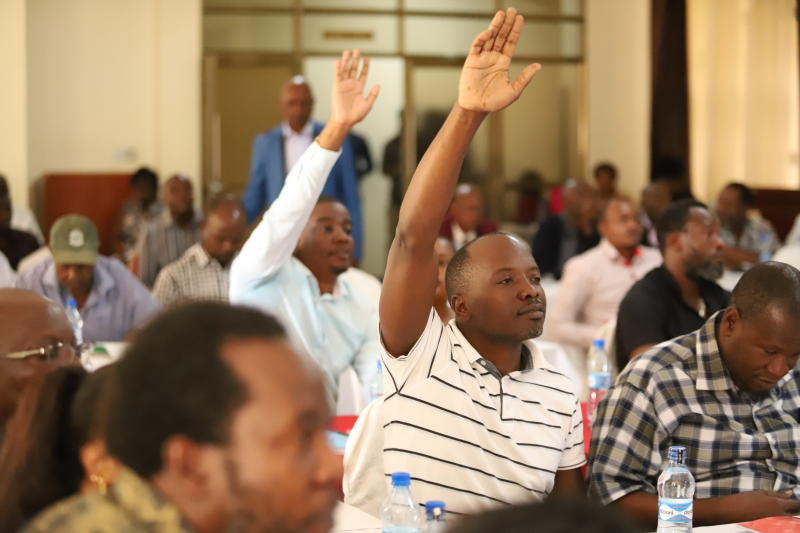×
The Standard e-Paper
Join Thousands Daily

A group of key stakeholders has opposed the creation of a third-tier regional government as proposed by a section of governors serving their last-term.
Some last-term governors are banking on Building Bridges Initiative (BBI) proposals to remain in active politics. They hope BBI could offer them a “soft landing” through the creation of more elective or appointive positions in the next constitutional dispensation.